April 30, 2024 | 01:43 GMT +7
April 30, 2024 | 01:43 GMT +7
Hotline: 0913.378.918
April 30, 2024 | 01:43 GMT +7
Hotline: 0913.378.918
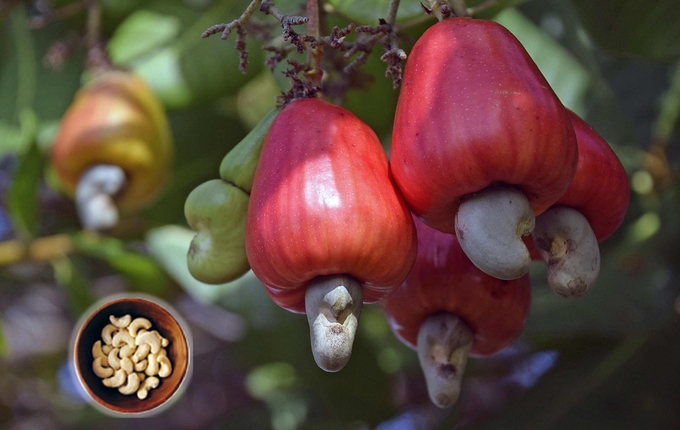
Cashew fruits
Speaking on the poor investment challenge in the nation’s cashew industry, the National President, National Cashew Association of Nigeria (NCAN), Hon Prince Ojo Joseph Ajanaku, during a media briefing in Abuja, ahead of the 16th edition of the Cashew Conference holding on September 12-15, said there is no better time than now for government and investors to give attention to the cashew value chain in order to create employment for the teeming youth and wealth for farmers.
According to Ajanaku, about 400 jobs are lost in Nigeria, with every 1,000 metric tonnes of the commodity being exported to countries including India, Vietnam and others in it’s raw form, which doesn’t help the farmers and Nigerian economy.
He also disclosed that cashew farmers have the capacity to produce over 1million metric tonnes sector in the next five years, hence it is imperative for government and organisations to invest in the Niger industry based on the high return on investment as cashew is an economic tree whose fruit is in high local and international demands.
He said: “This Cashew Conference is happening in Nigeria for the first time and this is the 16th edition.
“We want to harmonise the cashew sector and use the conference to influence policies.
“Though government is trying its best to support the cashew sector in Nigeria, we need to ask for more, because we have the potential to produce more than what we are producing at the moment.
“Though the statistics we have cannot be said to be accurate, we are presently producing about 350,000 metric tonnes of cashew per annum. However, with the cooperation we have gotten from ministries, departments and agencies, for the seedlings we have distributed for the past years, we are believing that in the coming harvest, we will be meeting over 400, 000 metric tonnes.
“We hope to grow to over a million metric tonnes in the next four or five years. Nigeria is presently doing more of export of raw cashew nuts because we don’t process more of it. It is generally a problem in Africa, not only in Nigeria.
“We are not processing, but we are exporting raw cashew nuts, which is given us a lot of income when we talk about foreign earnings. This is second to sesame seed, when you talk about foreign earning generation.”
However , according to him (Ajanaku) revealed that from raw cashew export the association members realized N14 billion despite Apapa gridlock.
Meanwhile, the Managing Director, African Cashew Alliance, ACA, Ernest Mintah, explained essence of the conference in Nigeria at this time, which includes enabling cashew producers to attract more investment and create jobs for Nigerians along the value chain.
Mintah further stated that since 2006 ACA had existing alliance in about 14 countries
He said: “The conference will open ways for producers to expand in the sector. About five years ago, only five per cent of cashew was processed in Africa. Today, we are somewhere around 10 per cent. It is still too little.
“What it means is that we are exporting a lot of jobs to Asia, particularly India and Vietnam, where the crop is being sent.
“So, we want to be able to sensitize the sector here and attract more investment so that more of the cashew being produced will remain here, processed here and a lot of jobs will be created.”
However, he (Mintah) said Africa produces about 57 per cent of the total world production of cashew, “yet we process about 10 per cent of it, while the largest volume is going to Vietnam and India.
“If we are exporting the primary product, we are `getting something in the region of about one dollar 20 cents per kg. That will cover the payment of the farmer and also cover the transportation, exportation and the rest.
“But if we process, we stand the opportunity of getting over three times the revenue accruing to the government. We have three times that revenue accruing to the country where it is produced. We are also creating jobs.
“Every thousand metric tonnes of cashew that is processed, you can employ about 250 to 400 jobs, depending on the type of technology that is being used. So, we have been losing about 300 jobs exporting cashew, when we can process here.
“For instance, Benin Republic has taken the decision to not allow any cashew exported in the country from 2024 onwards, so that they can retain jobs in the country.
“We want to sensitize government in the different countries, especially Nigeria, to support the sector, increase the processing and create jobs for the youth and we expect other countries to do the same.
“We also want to dispel some negative notions about how difficult it is to invest in Nigeria. In spite of what you hear out there, Nigeria is ready for investment. The crop is here, the production is here.
“We will also visit factories in Nigeria so that people will get to know how the factories are set up and investment opportunities.
“They won’t just come here to listen to people talk, but will go into the field to see cashew production. It will then convince them to invest.”
(Vanguard)

(VAN) Early tests of pasteurized milk–purchased at grocery stores in areas with cows that have tested positive for H5N1–suggest that it is not infectious and wouldn’t be able to make people sick, FDA said.
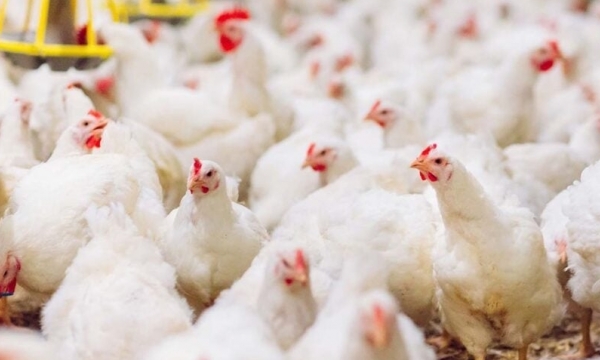
(VAN) 'The new rules prohibiting free range make organic production impossible,' the Union said.
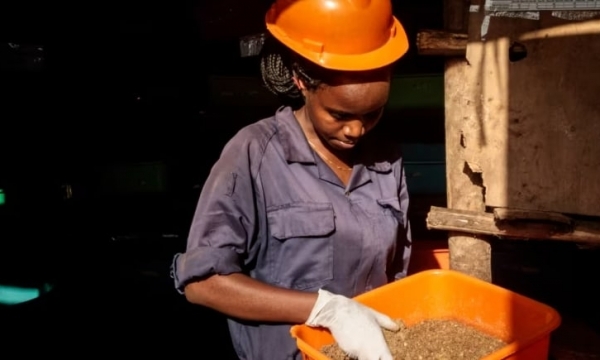
(VAN) Like a lot of other input costs, inflation proves to be another factor affecting how much farmers pay for fertilizer.
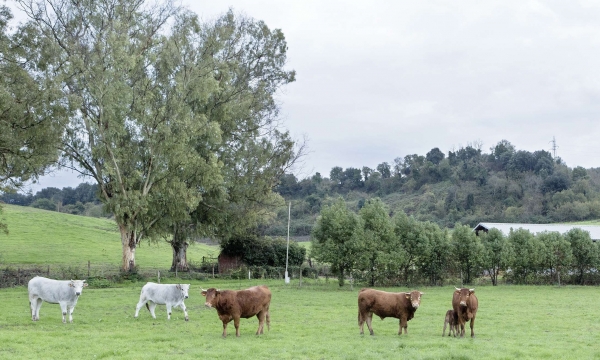
(VAN) RENOFARM, or Reduce the Need for Antimicrobials on Farms for Sustainable Agrifood Systems Transformation already piloted in Indonesia, Uganda and Nigeria

(VAN) Since 2022, a highly contagious strain of bird flu has spread across the U.S. at an unprecedented rate, resulting in the deaths of more than 90 million birds, plus thousands more in the wild.
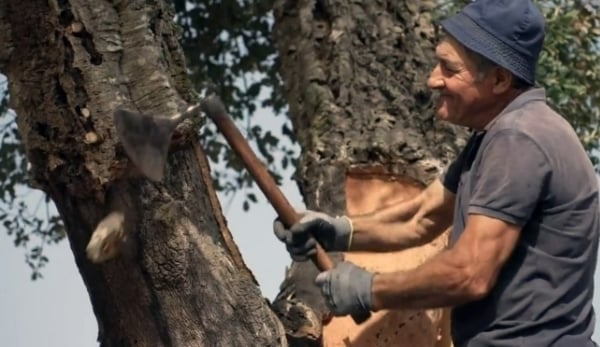
(VAN) 'It’s a product that answers all the challenges we have as a society.'
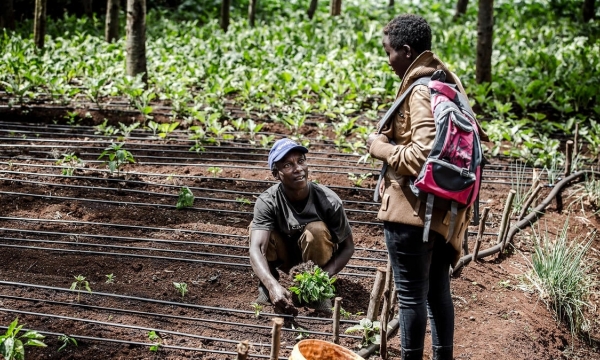
(VAN) FAO workshop highlights success stories, including from Benin, that provide models for replication.